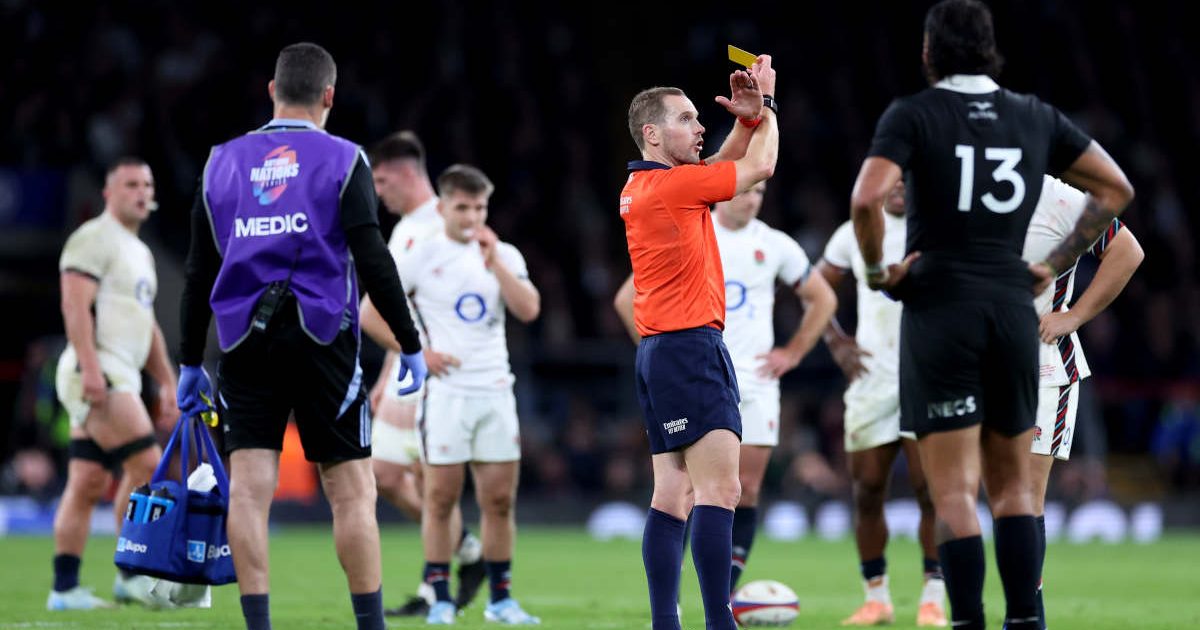New scrumhalf rule among 4 global Law trials as others shot down

World Rugby is set to introduce a global trial of four new laws next year which are aimed at enhancing game pace and player protection.
The much debated 20-minute red card, however, will not be among them – for now at least – as the governing body continues to analyse how the new Law goes across the Autumn Nations Series.
The World Rugby Council voted in favour of the changes, which will apply to all competitions starting after January 1, 2025. The new laws include a 60-second limit for conversions, managed by a shot clock where possible, and a 30-second setup time for lineouts, aligning them with scrums to reduce downtime. Match officials will manage the timing on the field.
A “play-on” rule will also be trialled for uncontested lineouts when the throw is not straight, and additional protections for scrum-halves will be enforced during scrums, rucks, and mauls.
The Council, however, chose not to move forward with proposals for a call mark inside the 22-metre line at kick-offs and single-stop mauls, as these did not meet the required support threshold. It also deferred a decision on the 20-minute red card replacement trial until after the Autumn Nations Series, allowing for further feedback and data analysis.
The Council also approved a revised global trial for the Television Match Official (TMO) protocol, expanding its role to address clear infringements in the final attacking phase before scoring, including knock-ons, forward passes, and other critical decisions.
This protocol is already in place for the Autumn Nations Series.
The governing body say the decision marks a strategic step to increase rugby’s global appeal, particularly among younger audiences, and aligns with goals for the sport’s growth ahead of the US Rugby World Cups. Statistics suggest the new Law trials have improved game flow and reduced stoppages in closed trials across recent competitions.















